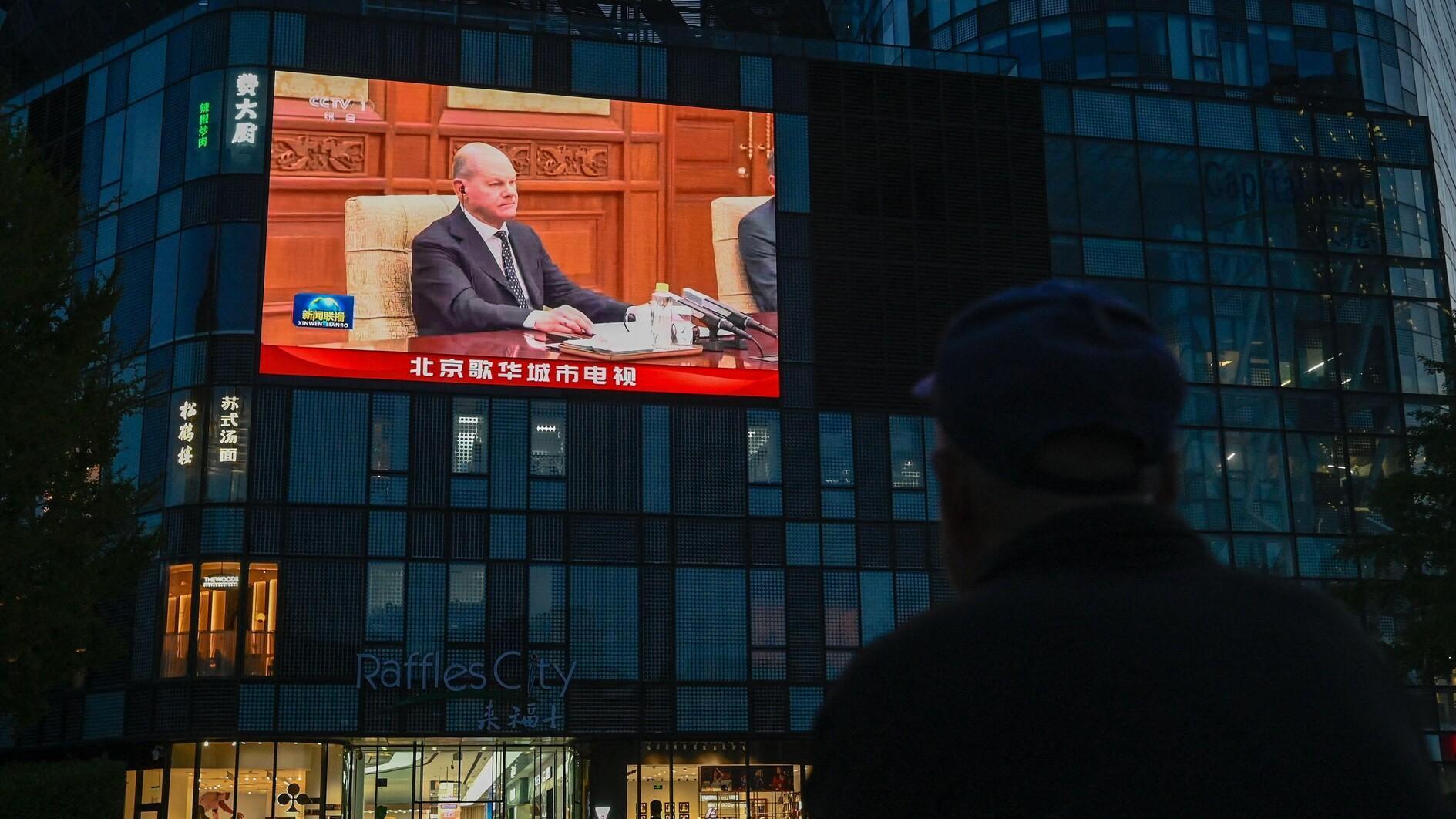Merkel’s visit strikes cynical chord in Turks
In the past it has never been love that reminded Europe of Turkey’s importance for the West. It has always been unexpected circumstances - which are, after all, the prime determinants in international relations. We were reminded of this again with German Chancellor Angela Merkel’s visit over the weekend for talks with President Recep Tayyip Erdoğan and Prime Minister Ahmet Davutoğlu.
Their key topic was the influx of predominantly Syrian refugees into Europe through Turkey and how to prevent this. EU countries are bending over double now to cooperate with Ankara on this problem.
Europe knows it is on shaky ground if it accuses Ankara of turning a blind eye to the refugees transiting its territory. Turkey has taken in over 2 million of these refugees while EU countries bicker over less than a million. If this figure increases then EU countries will have to share the burden, whereas no one has shared Turkey’s burden so far in a meaningful manner.
There is talk now about the EU giving 3 billion euros to Turkey to this end. Government officials say Turkey has already spend up to $7 billion of its own money on the refugees, so it is clear that the figure promised by the EU will ultimately be insufficient. If it does materialize, however, it would at least be a start.
But that is a big “if.” Turks have no confidence left in any promise by the EU. The horse trading between Ankara and Brussels with regard to visa liberalization for Turks traveling to Europe - which was also discussed during Merkel’s visit – is another case in point.
Merkel promised to use her influence to speed up this process. Turkey wants concrete results by 2016. Few in Turkey believe that will happen. Even Turkey’s acting EU minister Beril Dedeoğlu does not believe anything will move before 2017 at the earliest.
Turks will maintain a “believe it when you see it” stance, given that not everyone in Europe supports free access to Europe being extended to Turkish citizens. Ankara, in turn, is adamant it will not sign the agreement with the EU that would enable member states to send illegal immigrants back to Turkey.
The same doubts apply to Merkel’s promise to work to have a new chapter in Ankara’s membership negotiations opened this year. Turkey wants chapters on energy, economic policy, fundamental rights, justice, and security policy to be opened. It remains to be seen what Merkel’s promise amounts to, given the veto of some EU members.
Turks are understandably skeptical about the EU. Even acting Foreign Minister Feridun Sinirlioğlu is jibing cynically that the Syrian refugees have reminded European countries of Turkey again. There are other reasons for being cynical.
Merkel wants Turkey to be declared a “safe country.” That would mean that all is well here, not just in terms of security but also in terms of democracy and human rights; it would also enable Europe to refuse refugee status to anyone coming from Turkey. The German chancellor is even prepared to fly in the face of findings by the EU Commission on these topics.
Necessity being the mother of political contrivances, however, what she wants amounts to saying that Turkey is in full compliance with the EU’s Copenhagen criteria. But one should also be reminded here that Merkel has spearheaded moves to keep Turkey at a “healthy distance” from EU membership.
Most analysts believe that her visit had more to do with domestic politics, given the pressure she is experiencing at home over the refugee crisis, than anything else. While Merkel may end up getting little from Ankara in the end, if the EU does not open its coffers and doors to Turkey, it is Erdoğan who will be reaping political benefits from her visit. The Turkish president will not waste the opportunity to mount his high horse and say, “You see how they come to our door sheepishly when they need us?” He will surely try to convert this line into political capital on the eve of Turkey’s crucial general elections.











